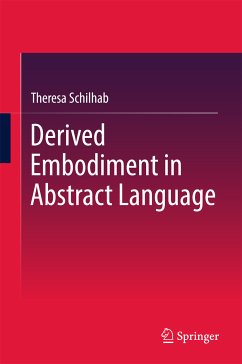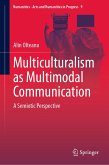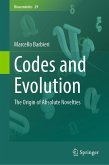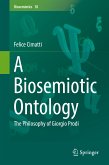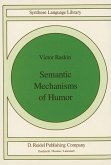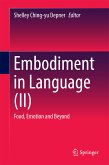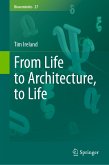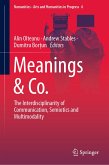Within the framework of evolutionary biology and through the lens of contemporary studies in cognitive science, the neurosciences, sociology and anthropology, this book traces topics such as our inborn sensitivity to the environment, bottom-up and top-down processes in knowledge formation and the importance of language when we learn to categorise the world.
A major objective of this monograph is to identify the key determinants of the specific interactivity mechanisms that control the cognitive processes while we are linguistically immersed. The emphasis is on real-life interactions in conversations. While the concrete word-object paradigmdepends relatively more on direct experiences, the successful acquisition of abstract knowledge depends on the emphatic skills of the interlocutor. He or she must remain sensitive to the level and quality of the imagination of the child while making mental tableaus that are believed to elicit images to which the child associates the concept.
Derived embodiment in abstract thought is a landmark synthesis that operationalizes contemporary neuroscience studies of acquisition of knowledge in the real life conversational context. The result is an exciting biology-based contribution to theories of knowledge acquisition and thinking in sociology, cognitive robotics, anthropology and not at least, pedagogy.
Dieser Download kann aus rechtlichen Gründen nur mit Rechnungsadresse in A, B, BG, CY, CZ, D, DK, EW, E, FIN, F, GR, HR, H, IRL, I, LT, L, LR, M, NL, PL, P, R, S, SLO, SK ausgeliefert werden.
Hinweis: Dieser Artikel kann nur an eine deutsche Lieferadresse ausgeliefert werden.

